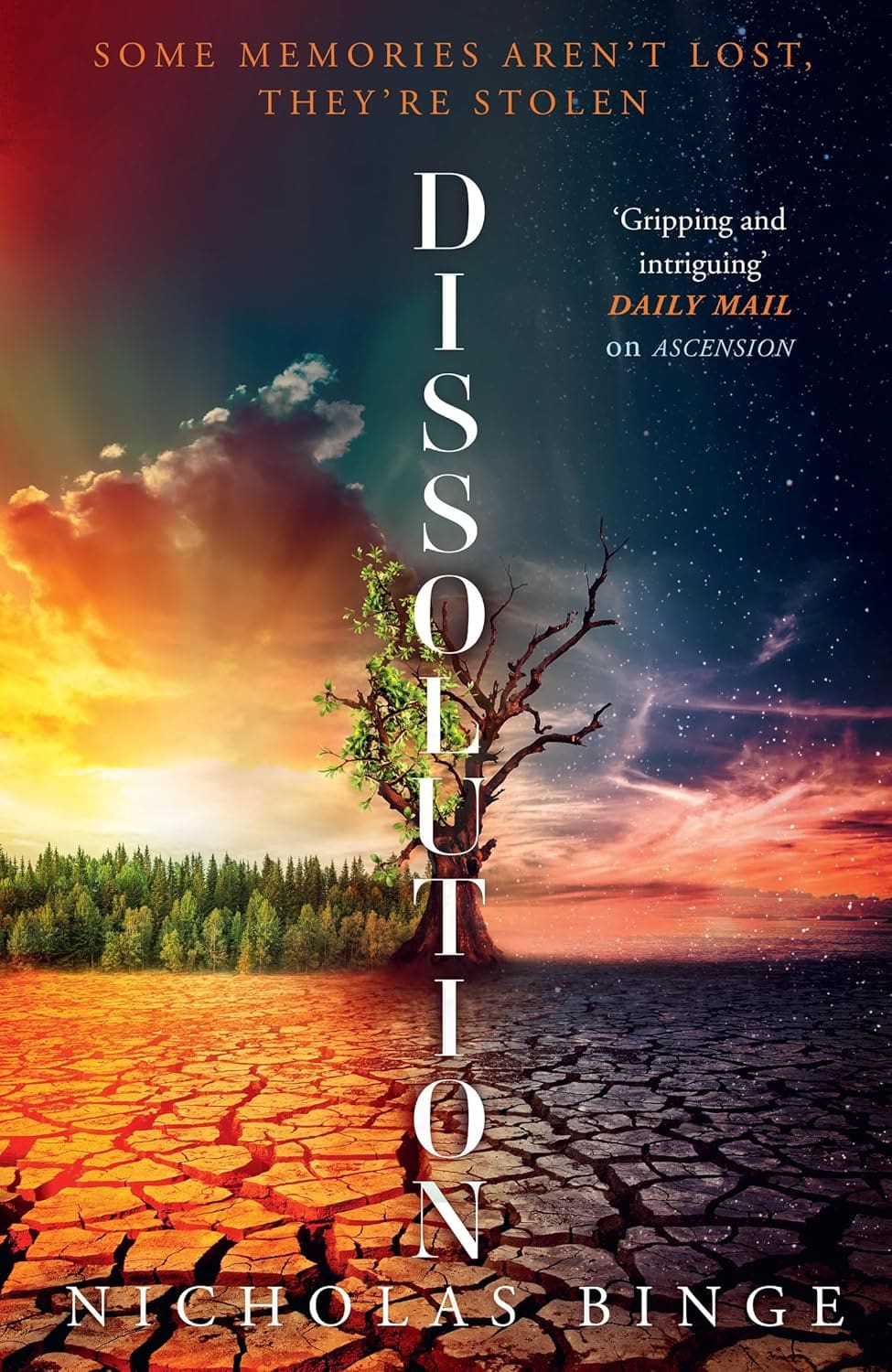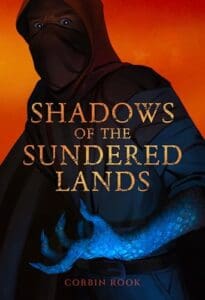
Eminently bingeable
Synopsis
Maggie Webb has lived the last decade caring for her elderly husband, Stanley, as memory loss gradually erases all the beautiful moments they created together. It’s the loneliest she’s ever felt in her life.
When a mysterious stranger named Hassan appears at her door, he reveals a shocking truth: Stanley isn’t losing his memories. Someone is actively removing them to hide a long-buried secret from coming to light. If Maggie does what she’s told, she can reverse it. She can get her husband back.
Led by Hassan and his technological marvels, Maggie breaks into her husband’s mind, probing the depths of his memories in an effort to save him. The deeper she dives, the more she unravels a mystery spanning continents and centuries, each layer more complex than the last.
But Hassan cannot be trusted. Not just memories are disappearing, but pieces of reality itself. If Maggie cannot find out what Stanley did all those years ago, and what Hassan is after, she risks far more than her husband’s life. The very course of human history hangs in the balance.
Review
Memory is a tricky blighter. As one of the character’s in Nicholas Binge’s techno-thriller plus (we’ll get to the plus later) notes early on, one of the tragedies of life is that often you never know when the last time you’ll do something you love is; we’re rarely forewarned that we’re doing something for the last time. So memory serves as the panacea for this injustice and many more things besides; it offers us another way to relive the things we wish we could experience again. But it comes with a catch, the rogue; our memories are unreliably, constantly failing. And although some come with unfailing clarity over the years, they never quite replace the real thing.
Enter Nicholas Binge, the master of mind-altering mayhem. In Dissolution, memory takes center stage in a way we’ve not really seen before but that shines a light on our own experiences with it while offering a revelatory new perspective on it.
The plot revolves around an elderly woman, Maggie, whose husband Stanley is in a care home, with suspected Alzheimer’s, often forgetting either her or their shared past. When a mysterious stranger arrives suggesting that someone might have taken Stanley’s memories away on purpose, she agrees to help him out with uncovering the secrets in her husband’s past and soon she’s using advanced tech to dive into his memories and experience them for real in the hopes of getting her husband back, but in the process revealing a massive conspiracy and secrets going back millennia.
That plot description is barely sufficient given the complex layers at work here in this multi-threaded narrative where nothing is what it seems, both in and out of people’s memories. But what is even more remarkable than Binge’s ability to craft a fast, compelling narrative sweater from thousands of twisty fibres (more remarkable than my ability at metaphors at any rate) is how he has spliced together multiple genres into one book… and it doesn’t just work, it works phenomenally.
First there’s there the techno thriller; this is a fast-paced, breathless tale spanning decades of a group of geniuses who developed tech that could change the world, for better and worse, and we are hurled back and forth between their combined histories, trying to work out who to trust and what they were doing. In this it has all the thrills and momentum of a Blake Crouch book or the film Inception, and certain scenes reminded me of Steven Moffat’s run of Doctor Who, when a recurring character kept meeting him out of sync with each other’s own chronologies (wait, come back non-nerds!). I have no idea how Binge drafted this, but I suspect some of the mind-enhancing tech found in the book itself must have been involved.
But it’s also a speculative book, and some of the ideas in here reminded me of those explored in hard sci-fi; deep philosophies of time itself, the role of perspective in the universe, entanglement, and concepts not dissimilar to those found in “uni-theory” sci-fis where the universe is one, man, if only you could see it right. Unlike hard sci-fi, though, Binge never slows down, so one minute you’re asking yourself whether time exists and the next you’re thrown back into the lair of a James Bond villain with a lethal syringe aimed at your neck. It’s like learning Wittgenstein on the down-curve of a rollercoaster.
It’s also, and maybe this is my bias as I am so rooted in the horror genre in my reading, a genuinely creepy horror tale. I can’t explain why without revealing too much, but there is a suggestion of a greater force at work, and there are some scenes I found truly horrific regarding memories and what happens when we meddle, and the creeping horror of memory loss. It would have only taken a few twinges to make this an outright horror, and the unsettling dread, especially when we don’t know the nature of this horror, made this a terrifying read at times – one climatic scene is all out horror depravity, more Stephen King than Blake Crouch.
But ultimately, the true power of this story lies in the final genre blend: the human drama of the love between Maggie and Stanley and how that is evoked by memory. The (very special) form of memory Binge utilizes in this book at times haunts and hurts Maggie (one scene in particular is harder to read than a concrete Kindle not just because you can see it coming but of how deeply traumatic it is for the character) but ultimately, Binge suggests, memory offers the ultimate demonstration of how love can be protected and immortalized. As I said earlier, memory lessens our inability to ever truly appreciate the experiences as much as we’d like in the moment, but by painting a poignant yet ultimately beautiful love story in the halls of recollection, Binge seems to be suggesting that memory, if we try, will always be more ally than it is the enemy – and the ultimate wingman to love. I won’t tell you if the ending is happy or sad but in one particular way it is beautiful, and I hope it leaves you as emotionally wrought out as I was.
Oh and a brief but vital addendum: this is a rare book that shows how you can still be an absolute badass in your final decades; Binge avoids the cop-out of giving us a POV from a younger Maggie at any point and asks us to imagine an aching eighty-year-old dashing about like a cunning spy hero at times, using people’s age prejudices to her advantage, and you know what? It completely works. If you believe nothing else I have written, believe that this tome is the antidote to ageism.
Overall, this is a devastatingly beautiful requiem to the power of memory and love masquerading effectively as a blunt force spec thriller to the head, and whether you want your mind melded or your heart filled, it will go down as one of the masterpieces of the year.









Leave a Reply